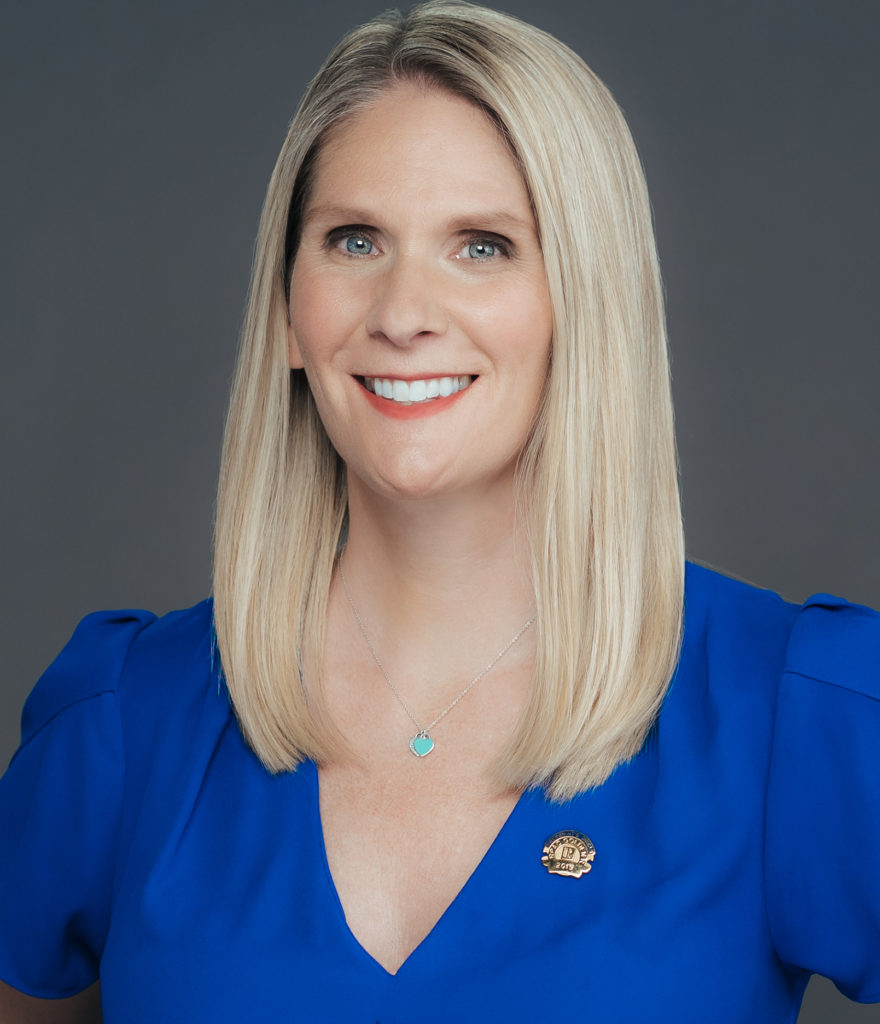The Department of Homeland Security’s Cybersecurity and Infrastructure Security Agency (CISA) has deemed residential and commercial real estate as an “essential critical infrastructure workforce.” That designation, however, is not recognized universally. At the time of this writing, fewer than 30 state governments in the U.S. agree.
“With each state responsible for its own ‘stay at home’ or ‘shelter in place’ order, the real estate community needs to come together and make sure that every state sees real estate for the essential business that we all know it is,” says Keller Williams Head of Industry Jason Abrams.
What Makes Real Estate Essential? Shelter – A Universal Need
With states instituting various types of self-quarantine mandates, shelter is more important than ever. “There are people who have been caught mid-move,” Abrams acknowledges. “There are people whose leases are coming due. There are people whose financial future depends on the ability to complete the sale of their home. As agents, our mission is to keep our clients’ needs first, and part of that is making sure every state allows real estate transactions to continue uninterrupted.”
To push this messaging, many Keller Williams agents and leaders have been working to influence the outcome of this important policy decision by contacting governmental decision-makers. If events in Kansas City, Missouri, are any indication, their efforts are already paying off.
A Victory for Missouri
“The people we are helping and the service we provide to find them shelter during this time is essential,” says Bobbi Howe, member of KW’s Industry Leaders Community and the 2020 President of the Kansas City Regional Association of Realtors (KCRAR).

“From the moment the Kansas City region shelter-in-place order came out on March 21 at 6 p.m. until it went into place March 24 at 12:01 a.m., KCRAR staff and I went to work communicating directly with all the local municipalities to make sure that real estate was declared essential.” Howe described it as a hard-fought battle, requiring a lot of paperwork and phone calls, but on Friday, April 3, Governor Mike Parson declared real estate an essential business in the state of Missouri.
Howe and the KCRAR were successful in having the needs of the customers they represent heard, but their hard work had only just begun. “Once we got through making sure we were declared essential, we went to work issuing best practices for our members and creating maps so they know what they are allowed to do and where,” Howe explained. “There is still a lot of education that needs to be done and information to digest.”
“The people we are helping and the service we provide to find them shelter during this time is essential.”
Bobbi Howe
Howe is committed to leading agents through the complicated web of legislation and policy impacting their business during this unprecedented time. They have created unified guidelines to help agents continue operating their business safely, beginning with a “heart-to-heart conversation with their clients to make sure that it is essential for them to move at this time,” says Howe. “We are learning more and more about the coronavirus every day, and it seems an overabundance of caution is the best practice for now.” Other standardized precautions for agents; such as making their business as digital as possible, or maintaining 6 feet of separation during all essential in-person meetings; will protect them, their clients, and the Missouri real estate industry’s “essential” status that Howe worked so hard to achieve.
The Fight for Utah
One state that has yet to declare real estate an essential business is Utah, but a recent policy document drafted by the Utah Association of Realtors (UAR) and the Salt Lake Board aims to change that. Clay Winder, one of the contributors to the policy brief, is also a member of KW’s Industry Leaders Community, and co-founder of the Red Sign Team in Orem, Utah. Winder is using his industry expertise and engagement to push for change in his home state.

“Shelter is a basic need for every citizen,” Winder says. “Not every buyer or seller has the luxury of waiting until the coronavirus restrictions are finished to solve their housing needs. There are currently 2,591 properties under contract in Utah County alone. To put a freeze on those transactions would put many of them in jeopardy, which could lead to many buyers becoming temporarily homeless.”
Winder also notes that halting real estate transactions could exacerbate one of Utah’s long-standing problems: affordability. “The economic impact [of the ban] on the county and state would be significant. The under-contract properties alone account for over a billion dollars in real estate transactions, and the ripple effect goes even deeper than that. We already have a housing shortage in Utah County and to halt construction would only further that problem adding to the affordability issues we are currently facing.”
“Not every buyer or seller has the luxury of waiting until the coronavirus restrictions are finished to solve their housing needs.”
Clay Winder
These arguments are laid out in the UAR policy brief, which provides a textbook example of how local real estate associations should approach their governing bodies regarding policy change. Creating an official and united statement of purpose has a greater impact than a barrage of individual phone calls and letters. It also serves as a road map for agents looking to continue meeting their customers’ needs during the pandemic.
“If we are going to be deemed essential, we have to follow the policies and procedures that we’ve promised and committed to,” Winder concedes. “We must follow the same social distancing and cleaning policies all businesses currently in operation do. If we succeed in wielding our influence, we have to do it right.”
Continuing to conduct the essential business of real estate, and doing it right, is a sentiment shared by Keller Williams’ leadership.
“We firmly believe that real estate agents and their customers should comply with safety measures advised by the CDC before making a mutual decision on how to move forward in a way that protects all parties,” Abrams says. “This means implementing virtual tours, open houses, and meetings via video conferencing platforms, and utilizing e-signature options. We believe you can abide by every possible social distancing measure while continuing to facilitate the buying and selling of homes.”
Next Steps
As of April 8, 2020, five states – North Dakota, South Dakota, Nebraska, Iowa, and Arkansas – had no statewide order in place. Several others do not call out real estate as an essential business. While this creates the opportunity to advocate for policy change in those states, knowing where to start is important.
“Before taking action, you should verify the provisions of your state’s order, which typically can be found on your governor’s website,” shares Ashley Kelm, industry relations manager at Keller Williams. “You also can reach out to colleagues who serve on your local Board of Realtors to see how you can help move the needle.’’
“And, once real estate is considered essential in your area, it’s important you continue to stay plugged in,” Kelm advises. “There likely will be more legislative measures beyond the CARES Act to offer Americans economic relief. Your state association can help you navigate through these changes, as they are tracking them in real time.”
For additional information regarding advocacy initiatives to guard the real estate transaction, visit the National Association of Realtors.